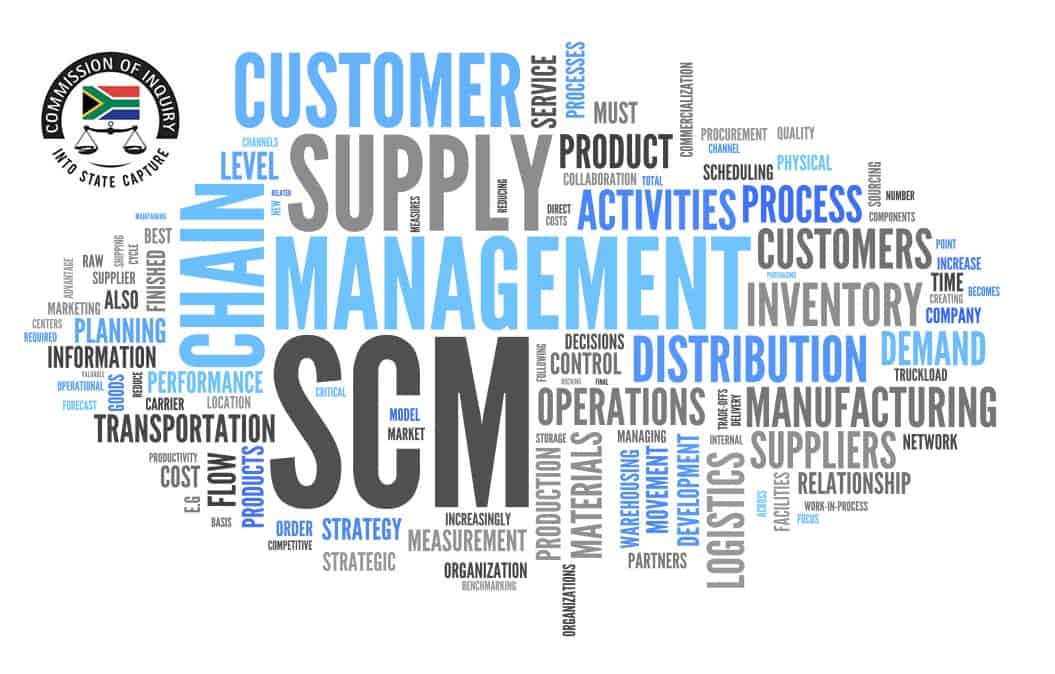
South Africa is a country where state procurement is specifically addressed in the constitution. The reason for this is simple from a policy perspective namely: Use state procurement of goods and services to uplift and create opportunity for the people of South Africa but specifically historically disadvantaged persons.
Section 217(1) of the constitution of the Republic of South Africa provides that when contracting for goods or services, organs of state in the national, provincial or local sphere of government or institutions identified in national legislation (state entities) must do so in accordance with a system which is fair, equitable, transparent, competitive and cost-effective. The aforesaid prescribed principles are also reflected in subordinate legislation such as the Public Finance Management Act and Municipal Finance Management Act.
What the Zondo Commission has highlighted is how State procurement in many instances has been abused and that as well intentioned as Section 217(1) of the constitution is, merely lip service has been paid to its provisions and implications. Professor P Bolton in her article titled: “Grounds for dispensing with public tender procedures in government contracting” states as follows:
“The South African Constitution provides that when organs of state procure goods or services, they must comply with five principles: fairness, equity, transparency, competitiveness and cost-effectiveness. In short, this means that organs of state should make use of competition when procuring goods or services. They should ‘shop around’ and attract the maximum number of contractors who will participate in such competition. The aim should be to ensure the attainment of value for money – public money should be spent in an effective and efficient manner. Those who participate in competitions should also be treated fairly and without bias. Thus, all contracting parties should have equal access to competition; some contractors should not be afforded more time for the preparation and submission of quotes or tenders than others; and the same information should be made available to all contracting parties. Government procurement procedures should further be transparent, meaning ‘public’ or ‘open’. Thus, when organs of state procure goods or services, this should not be done behind closed doors. Procurement information should be generally available; there should be publication of general procurement rules and practices; government contracts should be advertised; contractors should be able to access information on government contract awards; and organs of state should disclose the criteria that will be applied in selecting a winning contractor.”
In the matter between Lornavision (Pty) Ltd and SABC (SOC) 02082017 in the Gauteng High Court, Shangisa AJ quotes Professor P Bolton as follows:
“One of the primary reasons for the express inclusion of the five principles in Section 217(1) of the constitution is to safeguard the integrity of the government procurement process. The inclusion of the principles, in addition to ensuring the prudent use of public resources, is also aimed at preventing corruption.”
In paragraphs 31 to 33 of the judgement, Shangisa AJ goes on to say:
“Of course, this is not to say that administrators may never depart from the system put in place, or that deviations will necessarily result in procedural unfairness. However, where administrators do depart from procedures, the basis for doing so will have to be reasonable and justifiable, and the process of change must be procedurally fair.
Under the Constitution there is no reason to conflate procedure and merit and the proper approach is to establish, factually, whether an irregularity occurred. Once it is established that an irregularity occurred, it must be legally evaluated to determine whether it amounts to a ground of review. If a ground of review is established, the decision must be set aside.
The aforementioned decisions give effect to the necessity of ensuring that public bodies act within the prescripts of the frameworks empowering them. Where appointments are effected unlawfully and contracts are concluded unlawfully, outside of those frameworks, they must be set aside on this basis alone.”
Furthermore, the Zondo Commission has witnessed how those with power have corrupted individuals involved in the supply chain process and those tasked with scrupulous oversight have been negligent in their duties.
Please let BBP Law know if you are dealing with supply chain management corruption or been a victim of corruption in supply chain management. I am sure we will be able to assist you.
Should you require assistance or information pertaining to the above, please do not hesitate to contact us.
Barrisford Petersen
barrisford@bbplaw.attorney
Managing Director

Recent Comments